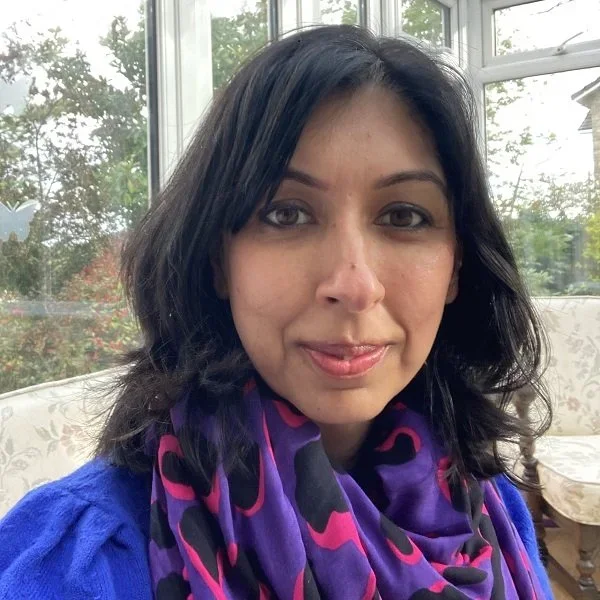Life After: A Reflection on Choice, Equity and the Fragility of Humanity
Saiyada Fazal, Organisational and People Development Partner at Dorothy House Hospice Care, recently attended the premiere of Life After, a film focusing on the topic of assisted dying from the perspective of disabled people.
Here are her thoughts on Life After.
I recently watched Life After, a deeply thought-provoking film by director Reid Davenport. It explores the moral and emotional dilemmas surrounding assisted dying through the lens of disabled people, a perspective that’s often missing from public debate.
While the vantage point is different from where the proposed UK Assisted Dying Bill currently sits, Life After sensitively invites viewers to consider the uncomfortable but essential questions about autonomy, care, and what it really means to have choice at the end of life.
As someone living with a complex condition, I found the film confronting. My partner, too, reflected on the personal impact of a loved one choosing assisted dying, the mix of love, respect, loss, and relief. These aren’t abstract questions for many of us; they’re lived, embodied, and deeply human. My own values lean towards personal freedom.
I believe in the sanctity of choice, and I support our hospice’s neutral stance and commitment to giving people genuine options. Yet the idea of choice only holds meaning if it’s grounded in equity where everyone has fair access to high-quality, compassionate palliative and end-of-life care. The documentary touches on this paradox, asking whether some choices are truly free, or quietly shaped by inequality, isolation, or fear.
I’d strongly recommend Life After. It reminded me that life and death are woven together, both part of what it means to be human. The fact we can have these conversations at all feels like a sign of a society willing to reflect, though the balance remains fragile. Perhaps the deeper question is not simply should we have choice, but how do we create the conditions in which every choice is truly free?
In the end, how we face death may be the truest reflection of how we have chosen to live and care.
You can find out more about the film documentary here: https://www.lifeafterfilm.com/

